Borage, Borago officinalis, also known as therapeutic cucumber, cucumber grass, or wolf flower is an annual herb originating in Syria. Borage is naturalized throughout the Mediterranean, Europe, Iran and North Africa.
Stems of borage are covered with dense hairs and reach a height of 27" (70 cm), the leaves are succulent, also covered with lint, a scent of cucumber and colored in blue.
The colors of borage are very beautiful, violet-blue. Blooms from May to August. It is grown mainly for domestic use, but in many places.
History of borage
Centuries ago, Europeans made tea from the leaves of borage, they were soaked in wine to reduce boredom. In 1597 herbalist named John Gerard points out several advantages of the herb, and even says that the syrup from the flowers of borage helps with depression.
In the past, borage has been sown in many gardens to attract bees to stimulate the growth of strawberries and control the redness of tomatoes. Fresh leaves of borage are used as a vegetable.
Growing borage
Borage is a very quick growth plant. Propagated by seeds. Borage is a relatively frost and drought resistant plant. It is not hard on the soil, but grows well in humus rich, loose soil. Tolerates shading well.
Borage is sown on light soils that are fertilized with organic fertilizers. Care consists of hoeing and weeding, as well as feeding. Borage is rarely defeated by disease and almost never attacked by pests.
Composition of borage
Borage is one of the best sources of gamma-linoleic acid, which is one of the valuable for body fats. Other key components in Borage are saponins, tannins, mucilage, potassium, calcium, vitamin C. The herb contains pyrrolizidine alkaloids that have toxic action on the liver.
Benefits of Borage
Whether consumed as a herb or as a dietary supplement, Borage has many health benefits. It helps the efficient purification of the circulatory system, at the same time protects the nervous system and helps neuroses toning and normal operations. Borage protects the cardiovascular system from diseases, relieves chest pain and palpitations.
Borage is very effective in female conditions associated with premenstrual syndrome, helps to strengthen the milk of nursing mothers. Support the functions of the endocrine system, activating the adrenal glands.
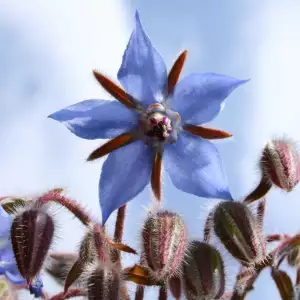
It is used for the relief of inflammatory conditions such as peritonitis, or rheumatism. Borage improves kidneys and is an excellent remedy for pleurisy, bronchitis, colds.
The high content of mucilage in borage relieves irritation and soothes respiratory problems. Softening properties make it very useful in skin inflammations.
Borage is often used to relieve the discomfort in fibrocystic breast disease, diabetic neuropathy, lupus erythematous, eczema, rheumatoid arthritis.
Borage oil is one of the best sources of linoleic acid - essential fatty acid serving as the precursors of prostaglandins. These are hormone-like compounds which help the regulation of different physiological processes. Borage seed oil contains essential fatty acids, which are necessary for relief of many physical problems.
Several studies suggest that in people with rheumatoid arthritis, it reduces the soreness and swelling of the joints, when a few months after taking borage oil capsules.
Freshly squeezed juice from borage is used in the form of infusion or poultices to treat wounds and infected skin lesions. The juice of the fresh leaves of the herb is used for treating anxiety, sadness or depression. Infusions are used for the treatment of respiratory conditions, especially early states of whooping cough and pleurisy.
Dangers of borage
Excessive doses of borage oil may be hazardous and toxic due to the pyrrolizidine alkaloids. In rare cases, side effects such as nausea, headache, stomach discomfort are noted. People with liver problems should avoid intake of borage oil or take it after consulting a doctor.
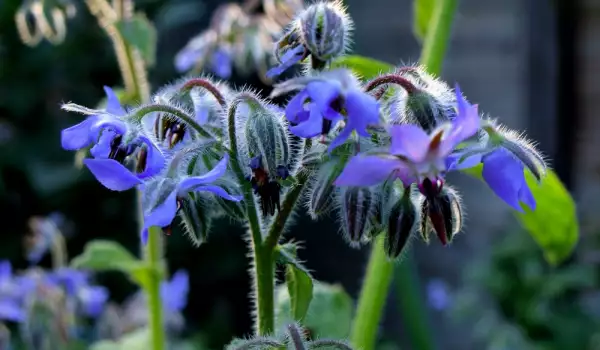
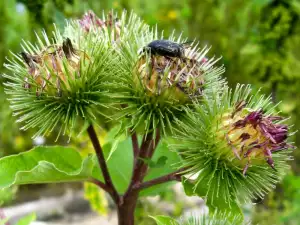
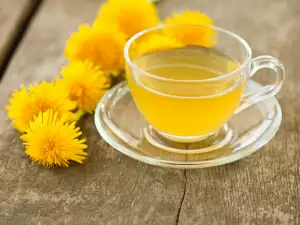
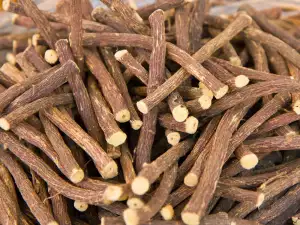
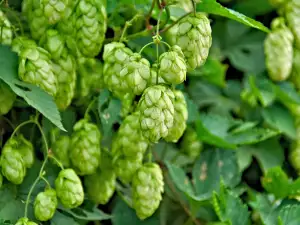
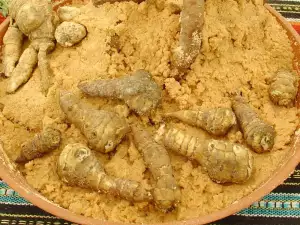
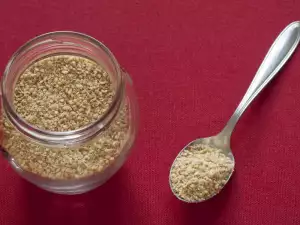


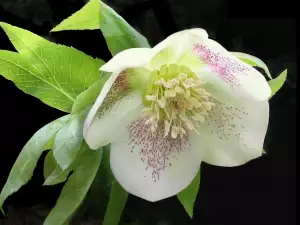

Comments